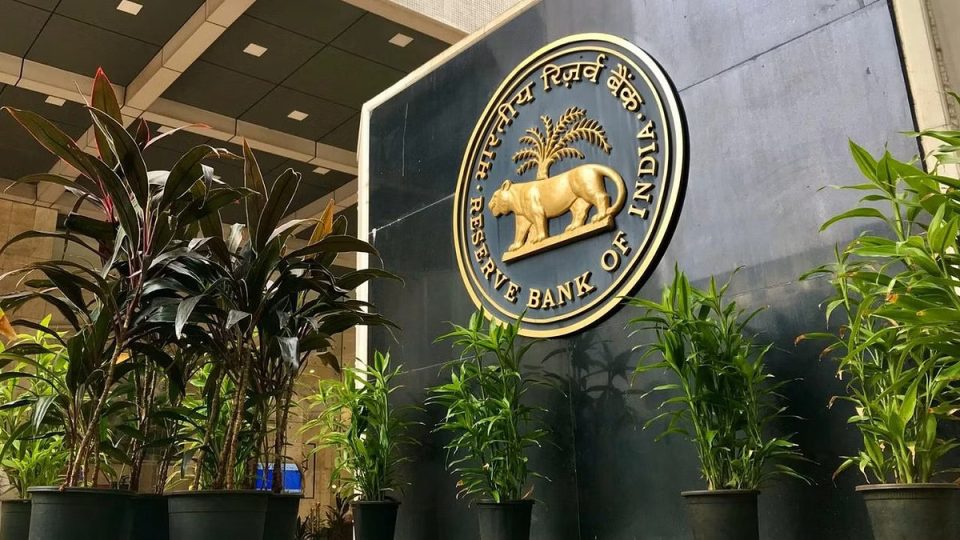The Reserve Bank of India (RBI) has proposed new rules for lending to projects that are still under construction. These new norms will help the RBI better manage risks in project financing, which has been notoriously prone to delays and defaults in the past.
Project finance is a method of financing in which the lender primarily looks to the revenue generated by an individual project as a source of repayment and security for the loan. This type of financing is typically used for large, complex and expensive facilities such as power plants, chemical processing plants, mines, transportation infrastructure, environment, telecommunications, etc.
The RBI aims to increase standard asset provisioning to 1-5% of loans from the current 0.4%, in a phased manner. The new draft rule says that a bank has to set aside a much higher 5 per cent of the loan exposure during the construction phase, which goes down as the project becomes operational.
The central bank’s main draft rule that has scared the banks is higher provisioning of up to 5% during the construction phase, even if the asset is standard. A standard asset does not disclose any problems and which does not carry more than normal risk attached to the business.
The new norms by the RBI are the draft guidelines about the prudential framework for financing projects in the infrastructure, non-infrastructure and commercial real estate sectors.
Banks are concerned about a new norm regarding higher provisioning under a new framework. This means that a certain percentage of funds must be set aside as a protection against possible accounting shocks if the loan turns bad.
Once the project reaches the ‘operational phase’, the provisions can be reduced to 2.5 per cent of the funded outstanding and then further down to 1 per cent if certain conditions are met.
The public has been given time till June 15 to respond to these and a few other proposals in the draft guidelines.
The norms also say that banks will classify a loan as non-performing if the project is delayed beyond six months of the original stipulated deadline or date of commencement of commercial operations.
The proposed guidelines also specify the criteria for upgrading accounts and invoking recognition. The RBI has also stipulated a minimum exposure of banks in consortium lending. The public has been given time till June 15 to respond to these and a few other proposals in the draft guidelines.
The higher provisioning for standard assets as well as other rules in the new draft guidelines will hit the business of banks and Non-banking financial companies (NBFCs) as well as the viability and health of infrastructural projects. This could potentially hurt the balance sheets of banks and NBFCs and exert pressure on their valuation multiples, many analysts and economists have said.


 Signals, Powered By EquityPandit
Signals, Powered By EquityPandit

